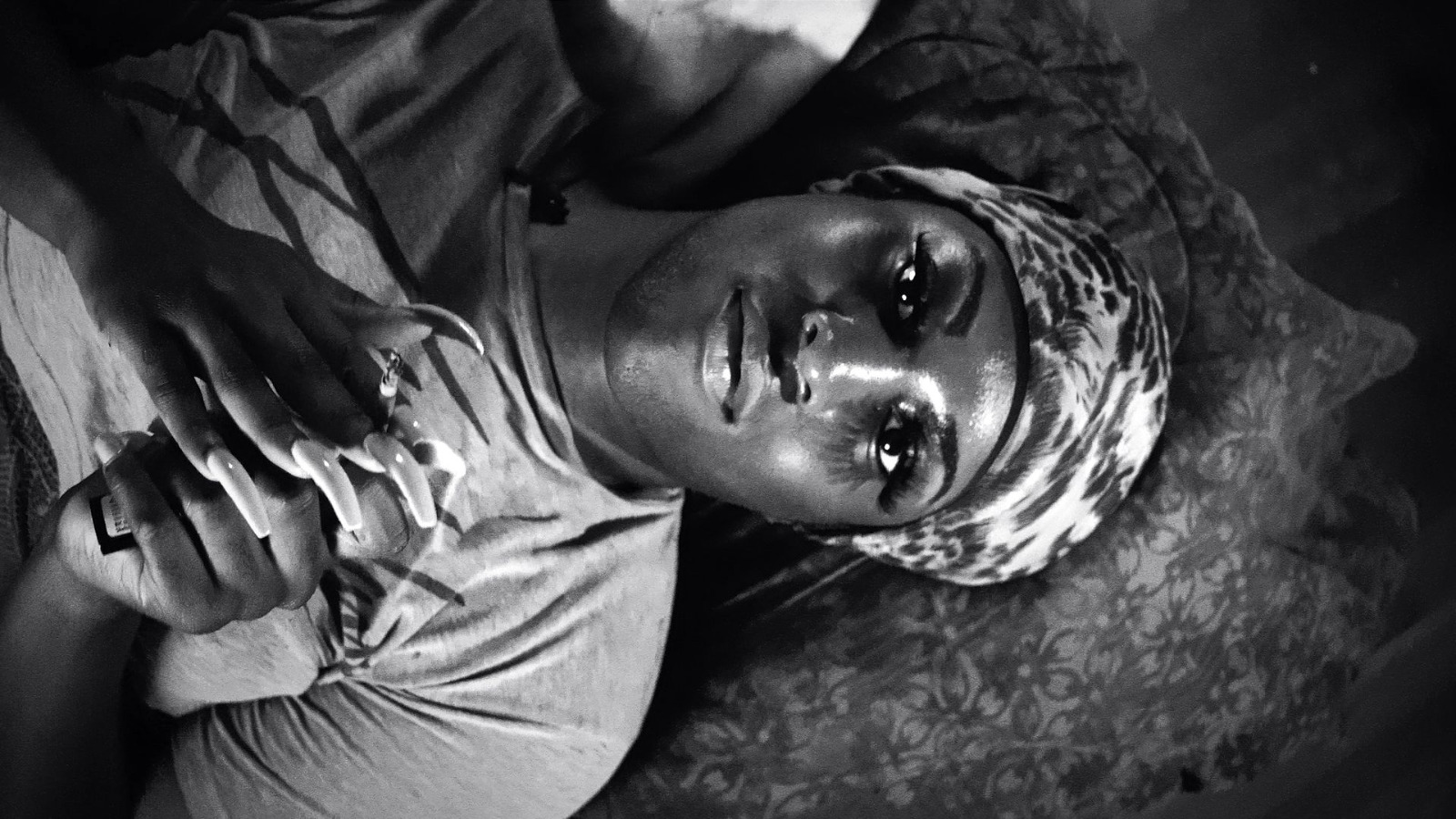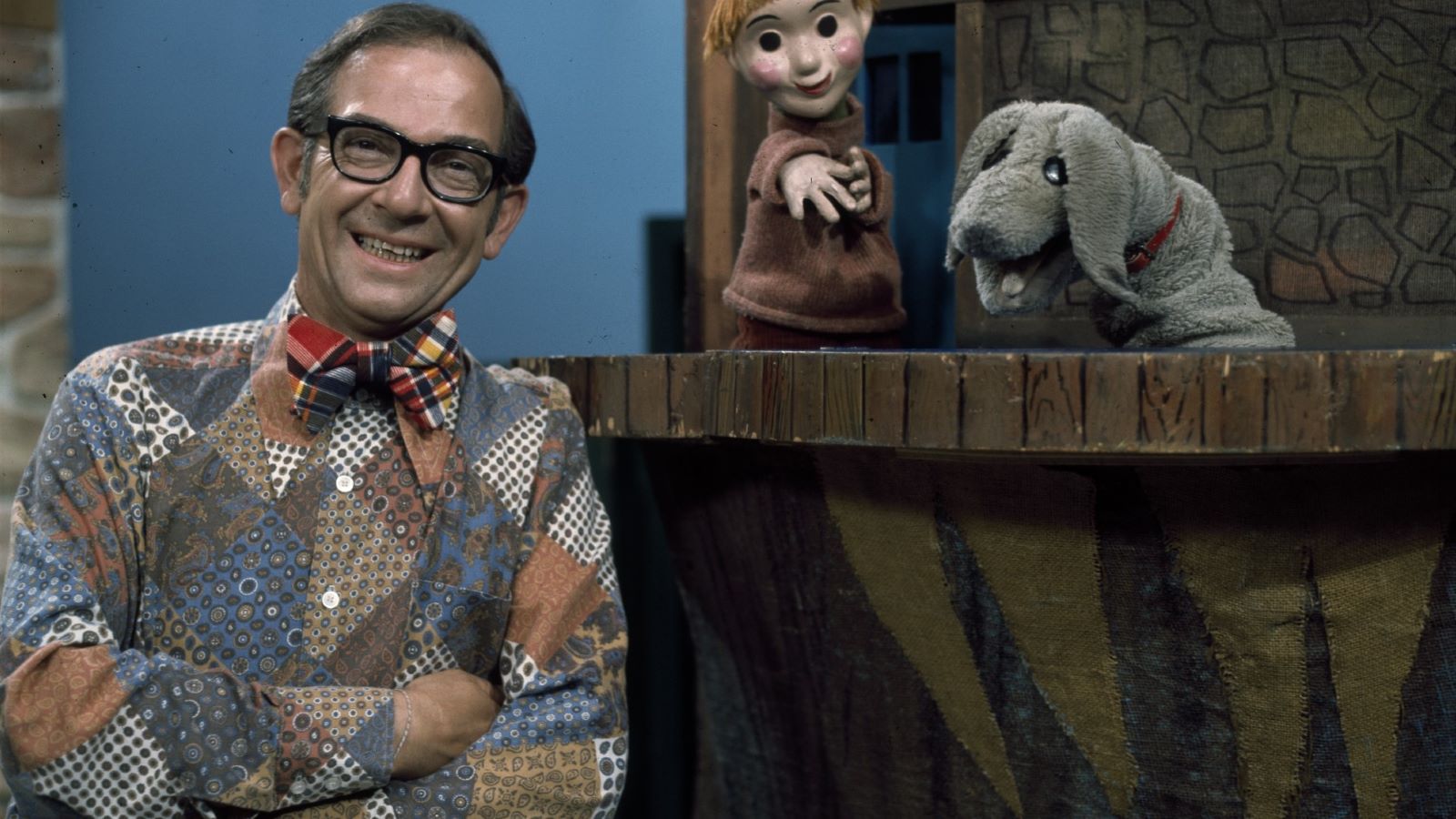Kokomo City
(USA, 73 min.)
Dir. D. Smith
While racial, social and sexual barriers are breaking down in progressive parts of the world, including Toronto, a frank film about Black transgender sex workers is still bound to be controversial. D. Smith’s wildly innovative doc Kokomo City attracted attention and huge acclaim at this year’s Sundance festival and is now being released in Canada, where it will be fascinating to see how a general audience reacts to it.
It’s a truism that the strongest docs are made by people who have the best access to their subjects, and no one can fill the bill better than Smith. When previously male-presented, the director was one of the top music video makers, creating works for Lil Wayne, Clara, Keri Hilson, Billy Porter and Andre 3000, before having a bright career derailed due to sexual identity. Smith understands how prejudice can affect a life, limiting your working and social choices.
Having struggled for years to make a living in media despite obvious talent, Smith has made a comeback with this stylish and persuasive documentary featuring a quartet of remarkable people. Concentrating on Atlanta and New York, Smith picked two Black sex workers from each city: Koko Da Doll and Liyah Mitchell from Georgia and Big Apple residents Daniella Carter and Dominique Silver. Each is attractive, outspoken, honest and brutally frank about life as transgendered, even in major urban centres: it is not easy. A lot of the film—perhaps too much—is taken up with all four weighing in on how badly they’re treated. It’s moving and angry-making but feels over-determined, making the impact less forceful by the end of the documentary.
Smith is brilliant at shooting and editing in short dramatic bursts, which makes sense given the director’s background in music videos. It works extremely well for this film, where the four trans leads are mesmerizing monologists. They tell extraordinary stories about their “tricks,” the funniest and scariest being a tale by Liyah Mitchell about almost getting into a pistol fight with one, which ends with them actually having sex. Danielle Carter is the most thoughtful about how her transition from male to being a trans woman affected her mother. As Carter points out, Black women, including her mother, have problematic relationships with men, which can turn tragic, so “losing” another man, her son, to becoming a trans woman was something that she had great difficulty in absorbing.
While much of Smith’s film is upbeat and sexy, there’s room for political and social debate on topics, which radically affect the four leads. As Carter’s anecdote reveals, the whole issue of being trans is hotly discussed in the Black community. In a racist society like the U.S., masculinity is extremely important for Blacks: that’s a point made over and over again in this film. Being trans would be problematic in any current society, but Kokomo City makes it clear that it’s even tougher in a country where it’s so hard for Blacks to assert themselves under normal conditions. So, the trans speakers in the film seem justified in talking about the absolute anger they run into from some fellow Blacks in the U.S., whether in the South or even the East Coast. For Blacks, being masculine equates to power while transgendered people are in an extremely vulnerable situation. It makes Black trans people easy to attack from an emotional and political perspective. That’s not right, of course, but such an argument could seem valid to otherwise reasonable individuals.
Smith has crafted a powerful artistic film. Shot in black and white, it has a beauty to it that is rare in street-wise documentaries. The film’s imagery is stark, focusing mainly on the transgender sex workers’ bodies and bedrooms, but with surprising cutaways to dancers, athletes and, in one memorable scene, a gradually animated flower. The argument is raised that being trans is empowering, giving the person some of the best qualities of males and females. It’s a transgressive thought on being a trans person.
Not everyone will want to see Kokomo City. It’s tough in many sections and the language isn’t pretty. But it’s a strong film, and about a truly divisive subject. Since the doc was made, one of the four subjects, Koko Da Doll, was found murdered, shot presumably by a client. This is a film about a difficult reality and deserves to be treated with respect.












